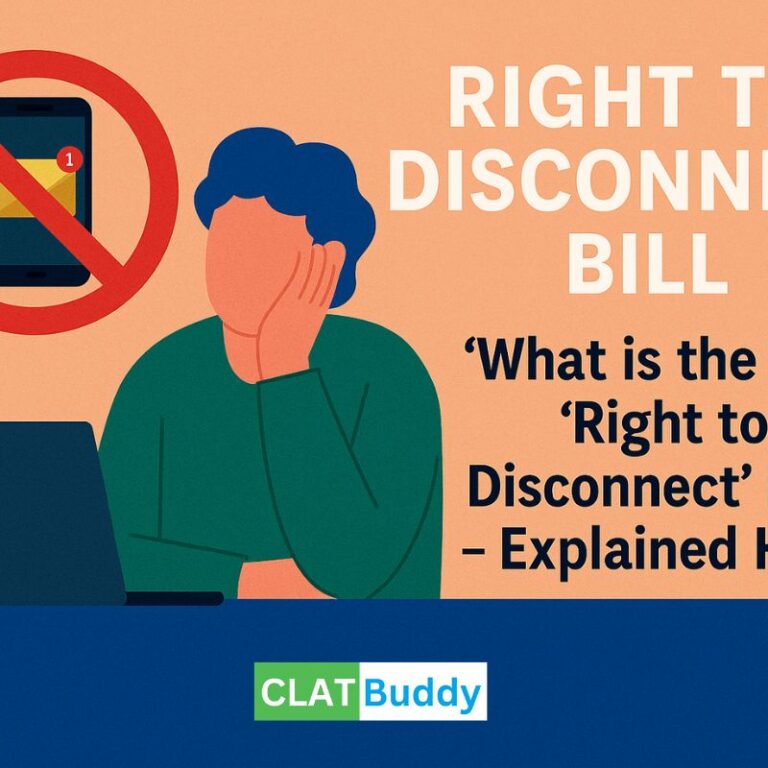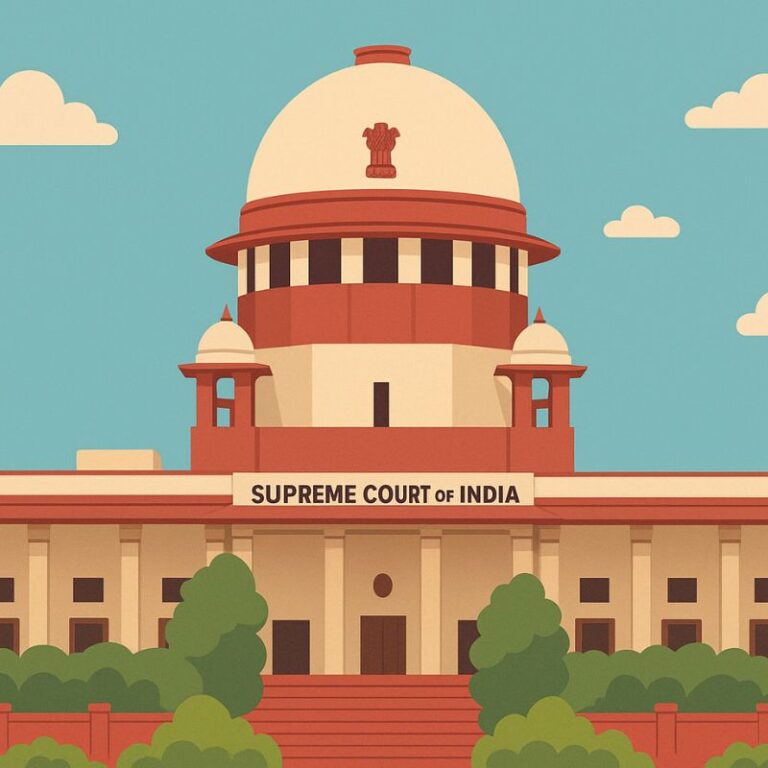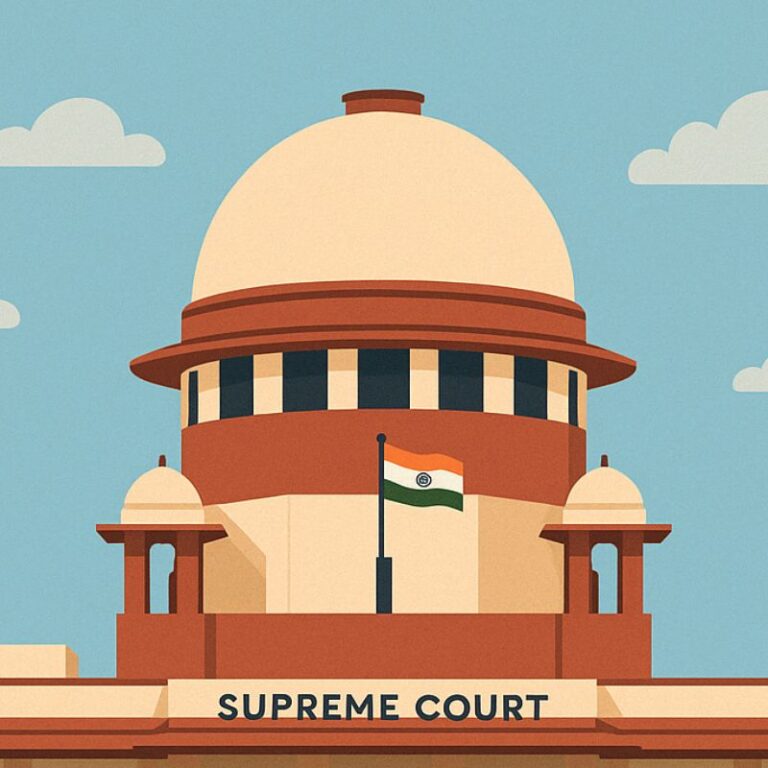Supreme Court Affirms Digital Access as a Fundamental Right

In a landmark verdict in Amar Jain vs Union of India and Others, the Supreme Court of India ruled that meaningful and inclusive digital access is an essential part of the fundamental right to life and personal liberty under Article 21 of the Indian Constitution. This judgement underscores the Court’s recognition of digital inclusion as a vital aspect of modern life, and its role in ensuring access to vital services for all citizens.
Key Takeaways from the Judgement
1. Inclusive e-KYC Norms
- The Court instructed authorities to modify existing digital Know-Your-Customer (e-KYC) procedures to make them more inclusive.
- The modifications aim to ensure that individuals with visual impairments or those suffering from disfigurement due to acid attacks can easily access and use digital platforms, including e-government services.
- The ruling emphasises the need for digital accessibility for all citizens, regardless of physical challenges, highlighting that technological progress must not exclude vulnerable communities.
2. Accessibility Mandate
- Citing the Rights of Persons with Disabilities Act, 2016, the Court issued 20 directives to make digital verification processes more user-friendly for people with disabilities.
- The directives aim to ensure that digital services, including those related to banking, healthcare, and welfare schemes, are accessible to everyone, particularly those with disabilities.
Substantive Equality Principle
- The ruling stressed that digital initiatives must be designed to be inclusive and equitable, ensuring that no one is left behind in the digital transformation.
- It emphasised that digital access must be provided equitably, especially for marginalised and disadvantaged groups, including individuals from rural areas, people with disabilities, and those facing economic challenges.
Article 21 Interpretation
- The Supreme Court recognised the right to access digital services as inherently linked to the right to life with dignity and liberty, as enshrined under Article 21 of the Constitution.
- The judgement broadened the scope of Article 21, aligning digital access with fundamental rights, and affirmed that inclusive digital infrastructure is crucial for ensuring the dignity of all individuals.
Government’s Constitutional Duty
- Under Articles 14, 15, 21, and 38, the Court emphasised that the State has a constitutional duty to create and implement inclusive digital infrastructure.
- This infrastructure must be accessible and equitable, especially for vulnerable and marginalised communities.
- The Court’s judgement positions digital inclusion as an important tool for welfare schemes and government services to reach the entire population, regardless of socio-economic status.
Previous Key Rulings on Internet and Digital Rights
1. Sabu Mathew George vs Union of India (2017)
The Court ordered internet search engines to block advertisements promoting pre-natal sex determination. The ruling emphasised that this did not violate the broader right to access information and freedom of expression.
2. Anuradha Bhasin vs Union of India (2020)
The Court recognised that access to the Internet is integral to the freedom of speech and expression under Article 19(1)(a), and the freedom to carry out trade and business under Article 19(1)(g).
The judgement marked a significant step in recognising internet access as a fundamental right, tied to basic human rights.
Calling all law aspirants!
Are you exhausted from constantly searching for study materials and question banks? Worry not!
With over 15,000 students already engaged, you definitely don't want to be left out.
Become a member of the most vibrant law aspirants community out there!
It’s FREE! Hurry!
Join our WhatsApp Groups (Click Here) and Telegram Channel (Click Here) today, and receive instant notifications.




